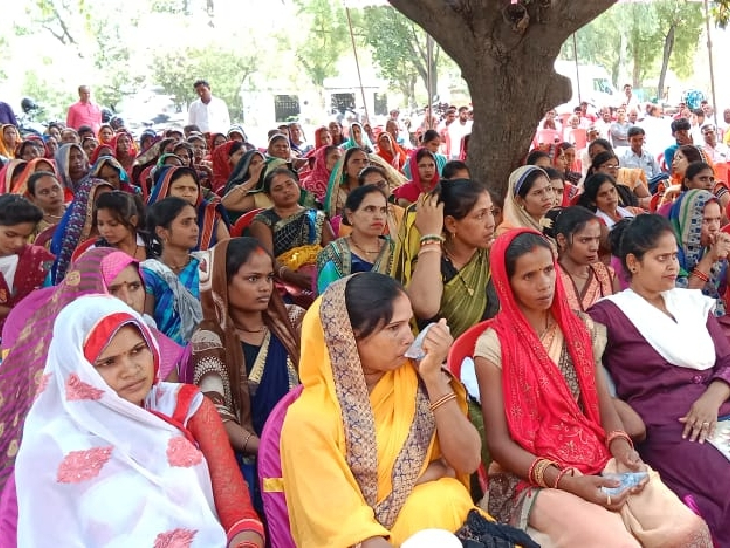What is a startup business?
The term “startup” refers to a company in the early stages of its operations. Startups are founded by one or more entrepreneurs who want to develop a product or service for which they believe there is demand. These companies generally launch with high costs and limited revenue, which is why they look for capital from a variety of sources such as angel investors and venture capitalists. Startups typically require several years to make a profit, so significant, high-risk investments typically are needed to get one off the ground. What Is A Startup? The answer to the question, “What is a startup?” is that it is a new business venture providing services or products to an existing and growing market. A startup is in the first stage of operations and comprises one or more entrepreneurs. The primary aim is to answer market demand by creating new and innovative products or services. While most small businesses might intend to stay small, a startup focuses on fast growth in a designated market. Usually, such companies start as an idea and gradually grow into a viable product, service or platform.Startups begin with high costs and have limited revenue. Also, they do not have a developed business model and lacks adequate capital to move to the next phase. As a result, these companies seek funding from various sources, such as venture capitalists, angel investors and banks. Investors or lenders might offer additional funds for a share of future profits and partial ownership. Often, these companies use seed capital for investing in research and developing business plans. Research helps them determine the demand for a specific product and a business plan outlines the company’s goals and marketing strategies. Types Of Startups Scalable startups- Often, companies working in the technology domain belong to the scalable startup group and these companies work hard to rapidly grow and achieve a high return on investment (ROI). This type of startup requires extensive market research to determine untapped market opportunities. Some examples of this type of startup are consumer and business apps. This startup model requires external capital to generate demand and ensure company expansion. Scalable startups do this by raising capital from external investors.With the investment they receive, a startup can support growth initiatives and focus on grabbing the target market’s attention. A scalable startup is a right choice if a business product or service has an untapped market and offers vast growth potential. Small business startups-The purpose of a small business startup is longevity rather than scalability. While these businesses have an interest in growth, they grow at their own pace. Business owners usually bootstraps and self-finance these startups. This means that they have less pressure to scale. Some examples of small business startups include hairdressers, grocery stores, travel agents and bakers. Also, many of these startups are family-owned. A small business startup is a right choice if a business plans to hire locals and family members to operate a business or create a sustainable and long-lasting business. Social entrepreneurship startups- Unlike other types of startups, a social entrepreneurship startup does not focus on wealth generation for the founders. Instead, they build such a business to change the environment and society positively. Some examples of these companies include charities and non-profit organisations. These companies usually scale for doing philanthropy activities. Though they operate like other startups, they do it through donations and grants. A social startup is a right choice if a business plans to create a positive environmental or social impact or if the company has an idea of solving a widespread social problem. Large company startups-A large company or offshoot startup includes large companies that have been in operation for a long time. Companies that fit into this category start with revolutionary products and quickly become famous. As big businesses are self-sufficient, they grow along with new market demands and trends. For this reason, it is essential for these companies to keep up with changes to sustain themselves.Backed by support and capital, these offshoot startups focus on diversifying product offerings and plans to reach new audiences. An offshoot startup is a right choice if a business owns a large company or wants to penetrate a new market that is not the business’s primary focus. Lifestyle startups- People who have hobbies and want to pursue their passion can build a lifestyle startup. Often, these business owners desire independence and spend their energy, money and time building a startup. These business owners earn money by pursuing their favourite hobby or activity. Some examples of lifestyle startups include a dancer opening a dance school, an avid traveller starting a touring company or a software developer starting online coding classes.A lifestyle startup is a right choice if a business owner has a hobby they can pursue or is passionate and creative about starting a new business on their hobby. Buyable startups- Unlike other startups on this list, buyable startups do not aim to become large and successful. A business owner builds such a company from scratch to sell it to a big company. Usually, you are likely to find such companies in the technology and software industry. Many of these startup industries are in the mobile application development industry. A buyable startup is a right choice if a business owner wants to develop a company but do not want to operate it long term or if the business idea has tremendous growth potential. Main characteristics of a startup company Innovation – Startups are usually founded on a unique idea High Growth Potential – Startups are designed to proliferate, Scalability – Scalability refers to the ability of a company to overgrow while maintaining or increasing its efficiency and profitability. Problem-solving – startups are often focused on solving problems. Customer Focus – Startups are focused on creating value for their customers Pros and cons of a startup business Pros: Innovation: Startups are often founded with a new idea, technology, or product that disrupts an existing market. This innovative mindset often sets startups apart and can create a significant competitive advantage.
What is a startup business? Read More »

